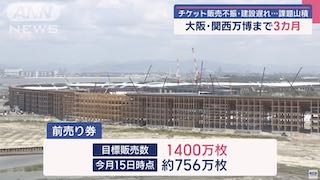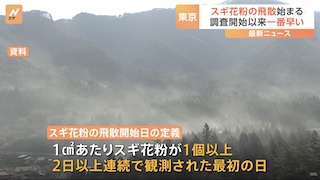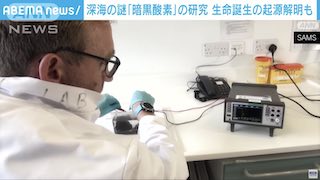Jul 13 (forbes.com) - As Japan mulls how to reinvigorate its economy in the post-Shinzo Abe era, there’s an obvious place to start: gender.
The tragic July 8 assassination of the former prime minister, the longest-serving leader in Japanese history, has been almost reflexively fawning. Fair enough. Yet in days since, new data remind us of the danger of reframing Abenomics as a successful effort to raise Japan’s economic game.
In 2012, Abe took power for a second time. Chastened by how ignominiously the earlier 2006-2007 stint went, Abe returned with James Carville’s “it’s the economy, stupid” mantra from the 1990s running through his head. Arguably no economic priority won Abe greater attention than his pledge to make the female half of Japan’s 126 million people “shine.”
Tokyo’s “womenomics” effort ended up rather dull, instead. On Wednesday, the World Economic Forum ranked Japan 116th in its gender equality index, behind Burkina Faso, Tajikistan and Guatemala (it was 101st in 2012). And most importantly, 14 rungs behind China, 17 behind South Korea and 67 behind Singapore.
Japan does even worse when it comes to gender parity in politics, ranking 139th out of 146 countries. This puts Japan behind Bahrain, Jordan and even Saudi Arabia.
There is, admittedly, some potentially good news to report. In Sunday’s upper house parliamentary election, women grabbed a record 35 of 125 seats, or 28%. The bad news: past milestones of this sort proved to be false dawns as the patriarchy expanded its power. ...continue reading















